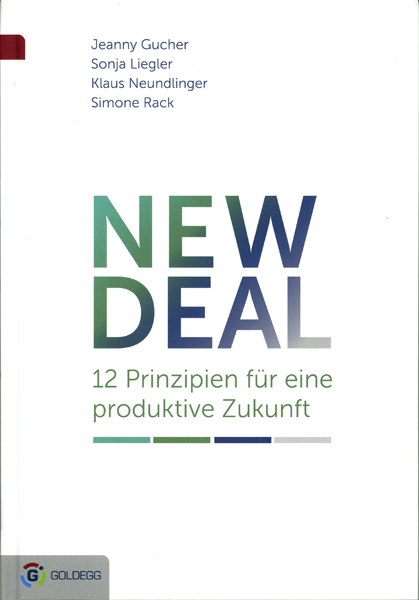In these comments on my keynote read to the June 2015 EMCC conference in Warsaw, Poland, I summarize writings on developmental coaching from my pen since 1999. I have taught this discipline to an international student body between the years of 2000 and 2015 at IDM, the Interdevelopmental Institute, and continue to practice what I have learned in this domain in work with teams and circles. Although some of my articles on developmental coaching have appeared in international journals, to this day (2018) the coaching profession -- especially ICF coaching -- has not absorbed the empirical findings from research in adult development that are the foundations of my practice of evidence-based developmental coaching. Developmental coaching in terms of the IDM Institute I founded in 2000 entails that of the two English meanings of the term development one is "agentic", and the other is "ontic". The first meaning is expressed by a sentence such as "we develop a new team", while the second is referred to in the sentence "this team is immature". In the first case, one is thinking of individuals' development in behavioristic terms, focusing on what outsiders do to support (horizontal) learning, while in the second one focuses... Read More...
Category: Distributed leadership
Introduction to “Dynamic Collaboration: How to Strengthen Self-Organization and Collaborative Intelligence in Teams” (Jan De Visch & Otto Laske 2018)
This blog gives readers access to the Introduction to Jan DeVisch's and my book entitled Dynamic Collaboration: How to strengthen self organization and collaborative intelligence in teams, to be launched in May 2018 at the University of Antwerp, Belgium. In this book of five chapters, we deviate from the extant team literature by adopting an adult-developmental perspective and instead of "skills", "competences", and "agile" mantras and tool kits focus on the structure and quality of team dialog as the source of self-organization both in individuals and teams. We equate self-organization with being mature enough to be aware of the structure of one's emotions and thoughts as an expression of the level of one's adult development. To provide senior managers with new ways of thinking about teams and new kinds of interventions derived therefrom, we show that teams are always developmentally mixed -- composed of different developmental levels -- and dependent upon how team majority relates to team minority, are prone to being either up- or downwardly divided, rather than unified. We put at the disposition of senior managers a large set of tools unknown to them that derive from adult-developmental research at Harvard's Kohlberg School since 1975, showing them how... Read More...
NEW DEAL: A sociological consulting approach to humanistic management and deliberately developmental organization
This blog introduces a sociological approach to consulting to organizations, with a focus on social capital (Sozialkapital) as the indispensable foundation of value creation and social productivity. The approach, called New Deal, formulated in German (Gucher et al, 2015), is the fruit of new social science research, and is sponsored by Four Dimensions GmbH active in Vienna and Salzburg, Austria. New Deal represents a sociological approach in the sense that it sees work and value creation as a process by which social capital is constantly created as well as potentially destroyed in human interactions. To substantiate this insight New Deal introduces four "new economies" (not found in classical economy): of personal relationships, emotions, attention, and knowledge, respectively. According to this approach, managing the creation of social capital amounts to managing the four economies at all levels of an organization, whether it is hierarchical or not. The blog highlights what is fresh about New Deal in light of North American preferences for focusing on "getting the job done", or remaining in what CDF calls the "Task House". Reflecting on the New Deal approach from an adult-developmental perspective, the blog elucidates why "moving out of the Task House" is a requirement especially... Read More...

